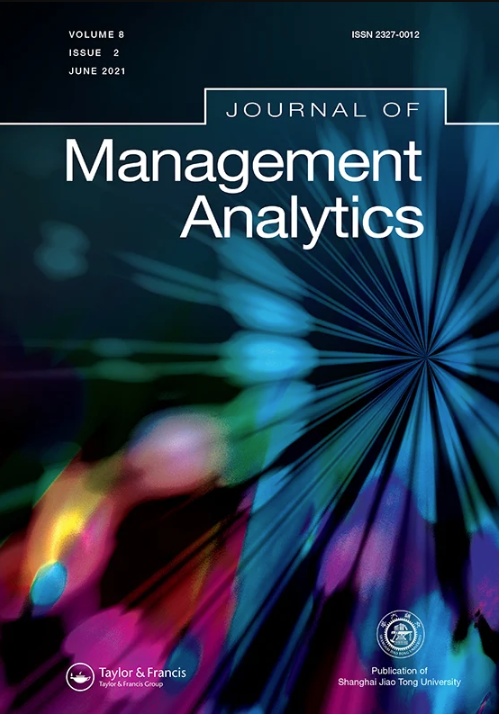使用一种新颖的集成学习框架来检测财务报告不当行为
IF 4.5
2区 管理学
Q2 BUSINESS
引用次数: 0
摘要
摘要本研究的重点是检测财务报告不当行为,并利用AAERs和故意重述得出一个全面的不当行为样本。针对高度不平衡分类学习,提出了一种新的集成学习方法Multi-LightGBM。采用人机合作特征选择方法,可以缓解理论不完备的局限性,提高模型性能,并指导研究人员开发新的理论。我们提出了一个基于成本的措施,分类的预期效益,以评估一个模型的经济性能。样本外测试表明,结合我们选择的特征,Multi-LightGBM优于其他预测模型。在我们的预测模型中引入有意的材料重述不会降低捕获AAERs的有效性,这一发现对AAERs检测的研究具有重要意义。此外,相对于独立的AAERs样本,我们可以通过不当行为样本识别出更多资源较少的不当行为公司,这对大多数模型用户来说是非常有益的。关键词:财务报告不当行为虚假学习特征选择lightgbm披露声明作者未报告潜在利益冲突。本研究由国家自然科学基金资助[批准号:72071038,72121001]。本文章由计算机程序翻译,如有差异,请以英文原文为准。
Using a novel ensemble learning framework to detect financial reporting misconduct
AbstractOur research focuses on detecting financial reporting misconduct and derives a comprehensive misconduct sample using AAERs and intentional restatements. We develop a novel ensemble learning method, Multi-LightGBM, for highly imbalanced classification learning. We adopt a human-machine cooperation feature selection method, which can mitigate the limitation of incomplete theories, enhance the model performance, and guide researchers to develop new theories. We propose a cost-based measure, expected benefits of classification, to evaluate the economic performance of a model. The out-of-sample tests show that Multi-LightGBM, coupled with the features we selected, outperforms other predictive models. The finding that introducing intentional material restatements into our predictive model does not reduce the effectiveness of capturing AAERs has important implications for research on AAERs detection. Moreover, we can identify more misconduct firms with fewer resources by the misconduct sample relative to the standalone AAERs sample, which is quite beneficial for most model users.Keywords: financial reporting misconductensemble learningfeature selectionLightGBM Disclosure statementNo potential conflict of interest was reported by the author(s).Additional informationFundingThis work was supported by National Natural Science Foundation of China under [grant numbers 72071038, 72121001].
求助全文
通过发布文献求助,成功后即可免费获取论文全文。
去求助
来源期刊

Journal of Management Analytics
SOCIAL SCIENCES, MATHEMATICAL METHODS-
CiteScore
13.30
自引率
3.40%
发文量
14
期刊介绍:
The Journal of Management Analytics (JMA) is dedicated to advancing the theory and application of data analytics in traditional business fields. It focuses on the intersection of data analytics with key disciplines such as accounting, finance, management, marketing, production/operations management, and supply chain management. JMA is particularly interested in research that explores the interface between data analytics and these business areas. The journal welcomes studies employing a range of research methods, including empirical research, big data analytics, data science, operations research, management science, decision science, and simulation modeling.
 求助内容:
求助内容: 应助结果提醒方式:
应助结果提醒方式:


